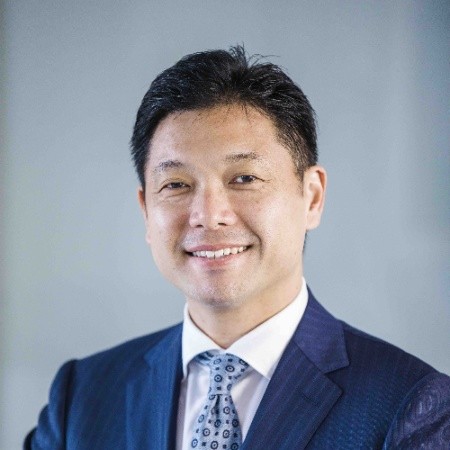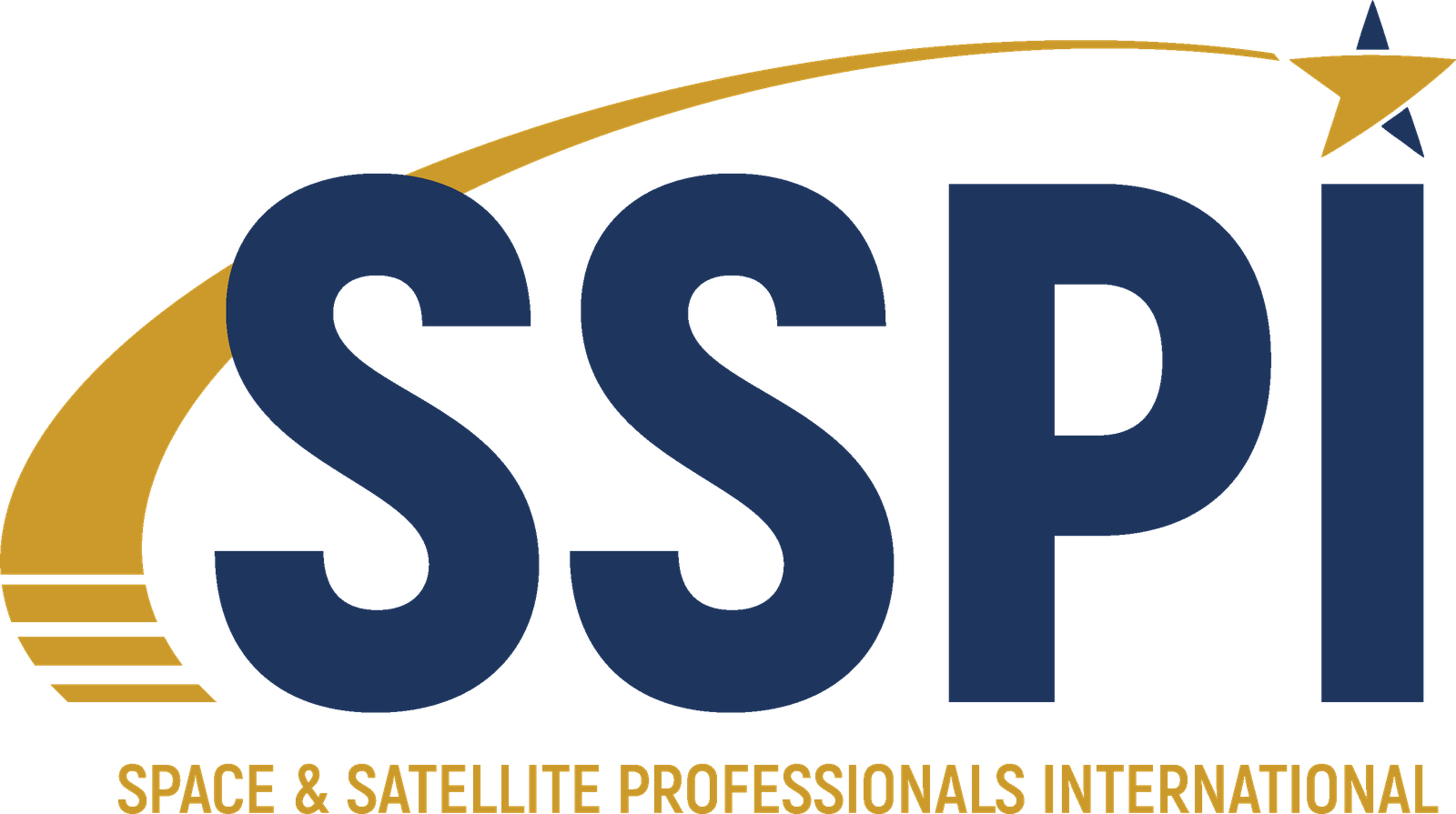By Nobu Okada, Founder and CEO of Astroscale
The space economy may be global by nature, but increasingly, its success depends on strong local roots.
 At Astroscale, we’ve built our company across five countries – Japan, the UK, the US, France, and Israel – because we believe that meaningful progress in on-orbit servicing can only happen when solutions are grounded in the needs and dynamics of individual regions. As governments around the world focus on building up their domestic space industries, it has never been more important to have teams on the ground that can work hand-in-hand with local partners.
At Astroscale, we’ve built our company across five countries – Japan, the UK, the US, France, and Israel – because we believe that meaningful progress in on-orbit servicing can only happen when solutions are grounded in the needs and dynamics of individual regions. As governments around the world focus on building up their domestic space industries, it has never been more important to have teams on the ground that can work hand-in-hand with local partners.
This global model wasn’t always the obvious choice. In 2015, we were a small team based in Japan and Singapore with a bold mission: to ensure the safe and sustainable development of space. At the time, space sustainability and on-orbit servicing were still mostly concepts on PowerPoint slides. Today, as satellite launches accelerate, debris risks multiply, and on-orbit servicing becomes essential to sustainability, resiliency, and security, our vision has become central to the future of the space economy.
By embedding ourselves in each of these regions, we’re not just complying with local norms – we’re helping to shape them. Each office is closely connected to local civil space agencies, defense departments, and commercial players, securing a number of contracts across each of these key stakeholders. In Japan, we’ve worked with JAXA on pioneering missions like ADRAS-J – the first-ever inspection of a large defunct object in orbit – and are preparing for the Phase II debris removal mission. In the UK, we’ve partnered with the UK Space Agency, European Space Agency, and Eutelsat OneWeb to develop the ELSA-M in-orbit demonstration and contributed to the ESA-led Zero Debris Charter. Astroscale U.S. is leading the first-ever refueling of a United States Space Force asset. Our newest subsidiary in France is strengthening technical development and deepening engagement with CNES and ESA, while our Israeli team is advancing life extension capabilities and collaborating with local partners.
The Space Business is... In Japan: Welcome to Sky Perfect JSAT
In The Space Business is... podcast series, we take a look at the way the commercial space industry has spread itself to parts of the world where space and satellites were once only read about or dreamed of. In the fourth episode, we hear from Yo Shimizu, President & COO of JSAT International, Inc., Misao Furukawa, Director, Business Development, Space DC Business of Space Compass, and Teppei Kato, Chief Business Officer of Orbital Lasers.

Yo Shimizu was appointed in 2020 as President & COO for JSAT International, Inc. which serves satellite telecommunication services, investments, partnership creations and research & studies in wide range of new space business field. JSAT international is a wholly-owned U.S. subsidiary of SKY Perfect JSAT Corporation (JSAT), the largest satellite operator in APAC. Yo joined JSAT (Space Communications Corporation at that time) in 2001, and has more than 20 years of experience in the satellite related business including national security areas.
Misao Furukawa is Director of the Space DC Business of Space Compass, which was established as a joint venture with NTT and SKY Perfect JSAT in July 2022. Space Compass will launch a novel “Space Integrated Computing Network” to aid the realization of a sustainable society. He has over 23 years of experience in the satellite communication Engineer and Business development.
Teppei Kato joined JSAT Corporation (now SKY Perfect JSAT) in 2007, handling planning and sales of satellite communication services for domestic, Asian and U.S. markets. He later engaged in investment activities and strategy formulation for creating new businesses in the NewSpace sector. In 2021, Teppei led a major investment in a Japanese space venture and contributed to the company’s IPO through strategy formulation and execution.
Underwritten by

Each of these regions has its own momentum. And each one benefits from shared global experience.
What’s most exciting right now is how space is becoming a core part of national economic strategies. Governments increasingly see space not just as a domain for exploration but as critical infrastructure and a driver of growth. But with that national focus comes a challenge: foreign entities often struggle to operate effectively without a local presence and trusted relationships. This is why our global model is essential – not just to our success but to the broader success of the space economy.
This is especially true in the on-orbit servicing market. Government support – through funding, partnerships and policy leadership – is essential to maturing the technology, demonstrating feasibility, and reducing risk for future adopters. Without these early investments, it would be nearly impossible for private companies to take on the technical and financial challenges of servicing and debris removal. As the market gains momentum and proven missions build trust, we expect commercial demand to accelerate, particularly from satellite operators seeking to extend asset life or ensure compliance with debris mitigation standards. Government funding is not just a catalyst – it’s a bridge to a commercially viable future.
Having local teams allows us to develop missions that reflect regional priorities while contributing to a shared global goal: long-term security and sustainability in space. We’re not simply exporting this vision from one country to another – we’re co-creating solutions with government agencies, regulators, satellite operators, and industry leaders in each region. That’s how we move from concept to impact.

View of Sumida in Tokyo, Japan where Astroscale is headquartered
Credit: Ncoo2050 on Wikimedia Commons
The challenges ahead – space debris, regulations, commercial viability, and security – require more than just innovation. They demand coordination. They demand trust. And they demand companies that can translate global vision into local action.
At Astroscale, we’re proud to be building a model that mirrors the future of the space economy: globally connected, regionally anchored, and collectively driven. If we want to ensure that space remains safe and accessible for generations to come, this is the kind of structure we need – not just for our company but for our industry.
